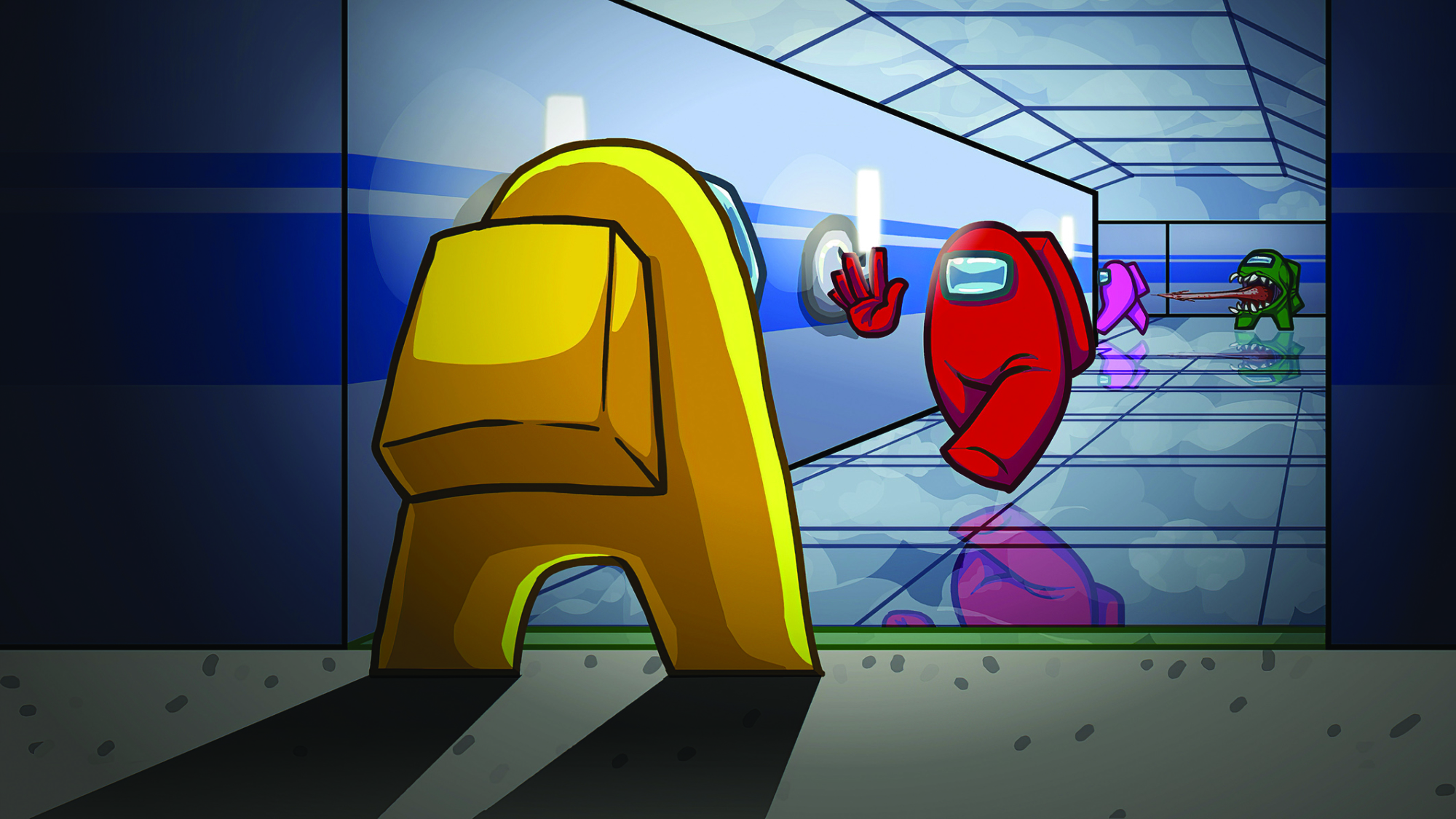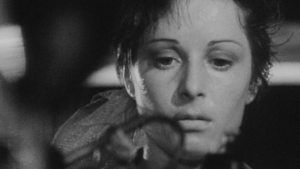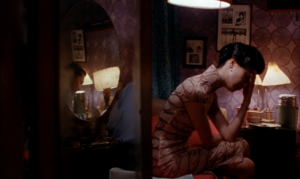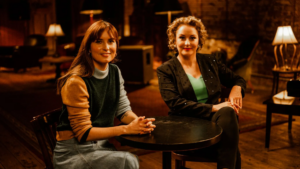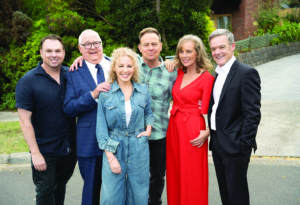Game development communities depend on persistent shared spaces for a sense of continuity and stability. In the absence of a larger sense of collective experience associated with Triple-A game development, Australian game makers in particular benefit from having spaces to discuss their craft with like-minded people – places where they can feel understood.
Melbourne’s Bar SK was one of these places; but on 21 March, it closed its doors for the last time. The venue was well known for hosting game showcase events that more closely resembled exhibitions – curations of locally developed games with a particular theme, often alongside custom arcade-style controls or keyboards with non-essential keys ripped off. In its final series, Bar SK showcased eight pinball boards styled according to local craft-brewery branding. The bar also ran events comprised entirely of student games – giving many their start in the industry – and partnered with RMIT for the exhibition Artworld Videogames, which flew in developers from New York City to run masterclasses on topics of their choice. In short, Bar SK was more than a place in Collingwood where you could drink craft beer and play some cool videogames from local developers. The venue was integrated across so many sectors of the scene that it became a hub; it was somewhere that people could talk about the practice of game development, meet peers and mentors, and feel part of a community.
The groups, spaces and events that have emerged in other cities serve similar purposes: Game Dev Brisbane runs monthly presentations by local industry professionals; Squiggly River Game Collective provides opportunities to showcase less commercially focused works; and the yearly Global Game Jam (which I have helped organise locally) connects developers across cities in making games with a shared thematic core. These are community-led events, often organised by (at maximum) a handful of people. Yet it’s these infrastructures that bestow each local scene with its own character – a particular affective relation to a collective, in which everyone’s separate game projects are, regardless, indicative of a shared project of identity.
These game developer collectives are what Jean Lave and Etienne Wenger have termed ‘communities of practice’: groups that share a foundational enterprise around which their members coalesce. Australian game making communities represent sites of learning, where group members develop a common language, define normative behaviours and contribute to other group members’ professional development. In other words, it is in these groups where the work of becoming a game maker is collectively performed.
Communities of practice work well as sites of learning and development when their constituents can contribute varied experiences and ideas to the group, and when approaches to thought and action can be freely introduced – but in ways that deploy pre-existing ideas and language to remain comprehensible. A recent example can be found in the suite of online presentations run by the Interactive Games & Entertainment Association (IGEA) since January, which aim to help Australian developers upskill in areas that range from independent publishing to merchandising.
Conversely, however, communities of practice can ossify and grow stagnant when new members are ignored at the boundaries, and when the maintenance of social capital is given priority over the progress of the group. These scenes signal the possibility of mutual commitment, engagement and development, while actually obstructing each one. Australian game development communities are known internationally for their openness and knowledge-sharing – even so, the industry isn’t entirely immune to these issues. Co-working spaces, for example, are zones of collective knowledge that inherently exclude developers for whom renting desk space is financially infeasible.
Community wellbeing is likewise threatened in the context of a lockdown, in which essential physical spaces are made inaccessible and events are cancelled or moved entirely into virtual locales. The bars and cafes used as meeting places – sites of collective energy, structuring and facilitating sociality – face increasing precarity. These spaces are not so easily replaced. It also remains to be seen how game making communities, however dedicated, will weather these conditions without the shared physicality of being in the world. On the whole, it seems unlikely that we’ll ‘snap back’ to business as usual when restrictions have been lifted, as the Prime Minister has hoped. But even while these circumstances suggest some cause for concern, the situation also represents a new opportunity for community boundaries to change – an opportunity to reconsider ways of practising inclusion, difference and growth.
The events of this year demonstrate how fragile our community infrastructure can be – whether it’s the bar a few suburbs over that runs indie-game nights, or the organiser who posts the event details on social media every month. The continued existence of Australian game development communities is largely contingent on just a few dozen people who decide to make something happen, and stick with it long enough to see it flourish. Considered another way, though, this fragility is a kind of strength: just one person can start and maintain a collective. At a time when community infrastructure is increasingly tenuous, there’s an even greater opportunity for anyone to step up and start something new.
